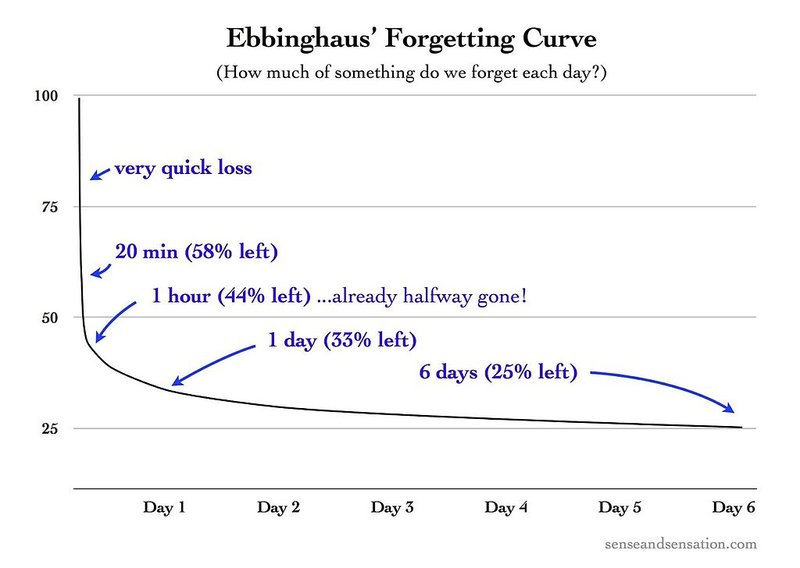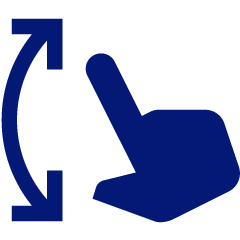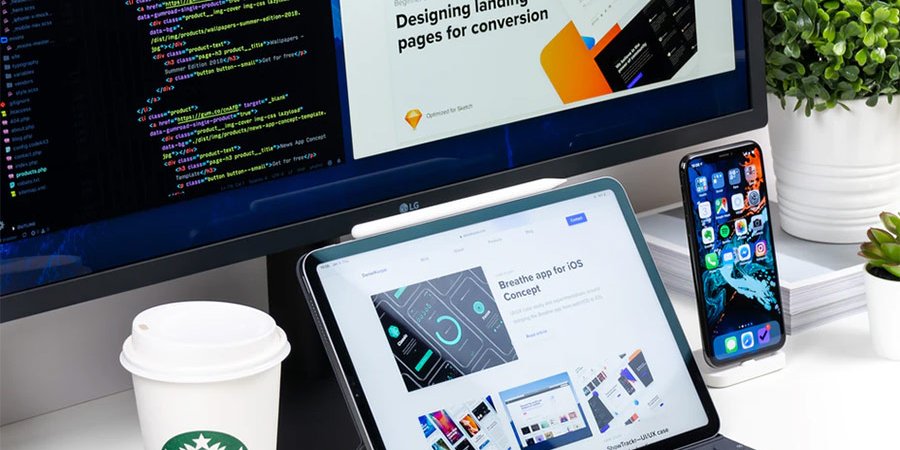Knowledge pills is a method of education that strengthens professional competences by using short pieces of multimedia advice (knowledge pills).
The main characteristics of microlearning:
- Time
The most obvious trait is the time limit. Microlearning is designed to take less time than other forms of online learning. It’s commonly understood to be under 20 minutes, but the expectations are changing. - Goal-Centered
Each microlearning unit must focus on a specific learning objective.
Traditional training would ordinarily address multiple learning objectives in the same unit. Since microlearning happens in brief bursts, there isn’t enough time to cover multiple subjects or desired outcomes. So, the training is broken up into lots of individual units, each addressing one objective. - Easily Accessible
Microlearning and mobile learning are practically the same. As such, microlearning should be mobile-friendly. - Self-Contained
Microlearning activities should be a complete unit in and of themselves. In other words, learners must be able to get all the information they need to understand the topic. Just because it’s smaller doesn’t mean you can leave your learners without the information they need. - Focused
When you only have five minutes to communicate everything you need to say, you’ll have to remove every single extraneous detail. Microlearning needs to be carefully thought out and all waffle needs to be edited away. - Situational
As microlearning is snappy and free of unnecessary details, it’s the perfect resource for learners at the point of need. If salespeople need product information, they need only open the relevant knowledge pill.
What’s the Science Behind Microlearning?
The Forgetting Curve
In the late 19th century, German psychologist Hermann Ebbinghaus was one of the first scientists to study quantitative memory research. He tested his memory periodically by memorising nonsense syllables and recorded the results.
It turns out that what we learn disappears exponentially after initial learning. If we don’t try to remember, the Forgetting Curve shows that people generally only remember about:
- 58% of information after 20 minutes;
- 44% of information after 1 hour;
- 34% of information after 1 day;
- 25% of information after nearly 1 week;
- 21% of information after 1 month.
Every time you revisit training material, the rate of forgetfulness decreases. The condensed nature of microlearning entices us to revisit units more frequently. Therefore, microlearning is a welcome antidote in the fight against The Forgetting Curve.

Neural Pathways
Whenever you learn something new, a neural pathway is created in your brain. Every time we revisit this new piece of information, the neural pathway becomes stronger and easier to access when we go to recall. Whether it’s riding a bike or learning the piano, therefore practice makes perfect.
Due to the easy-to-digest nature of microlearning content, it’s easier for us to revisit modules over and over, forming stronger neural pathways. Ultimately, this helps knowledge to stick over time.
Smaller is Better
Acknowledging that we absorb more in shorter bursts, L&D professionals are adapting to suit our ability to focus by providing us with microlearning content. This boosts our overall comprehension rates.
Spaced Learning and Long-Term Memory
If something is taught once it will be stored in the short-term memory and promptly forgotten. Therefore, when it comes to learning, we need to create long-term memories for the information to be properly remembered.
Spaced learning is a learning method whereby highly condensed content is taught and then repeated over measured intervals. By reinforcing the knowledge, the learner begins to develop long-term memories in the hippocampus. Microlearning is the perfect tool to create long-term memories as it makes reinforcement so easy.
Microlearning can be created in a wide variety of forms:









